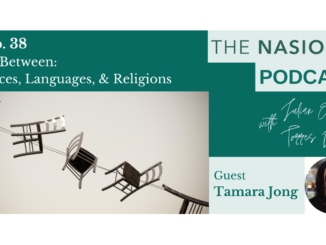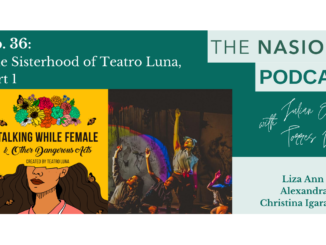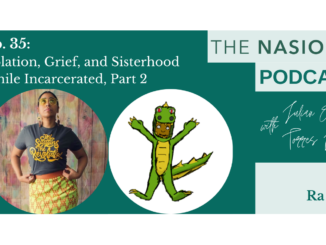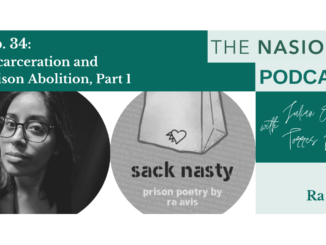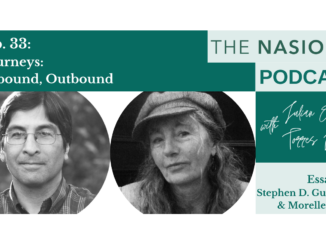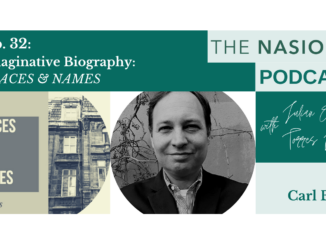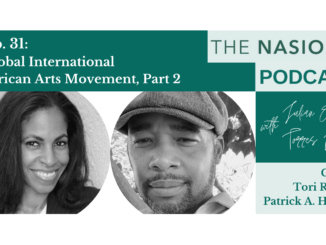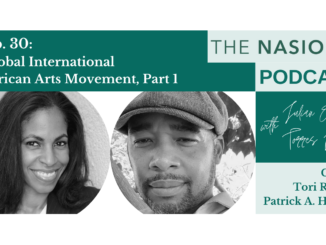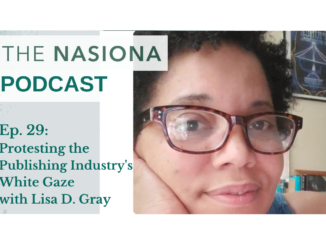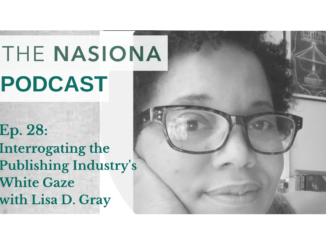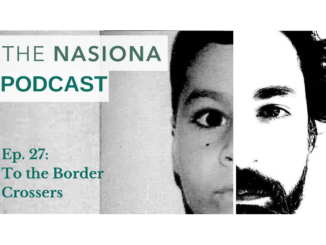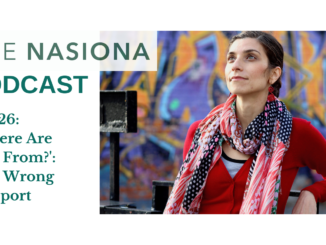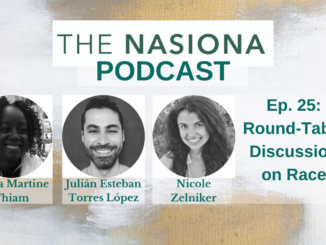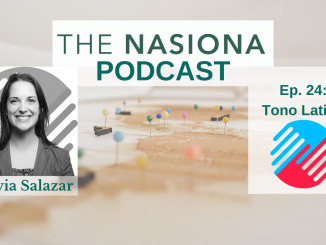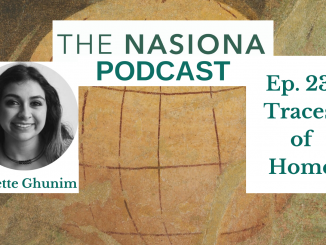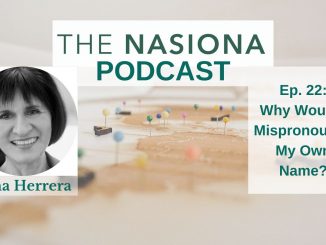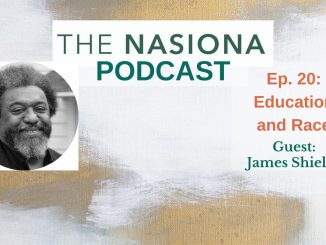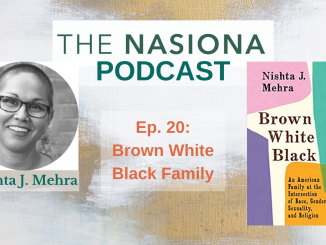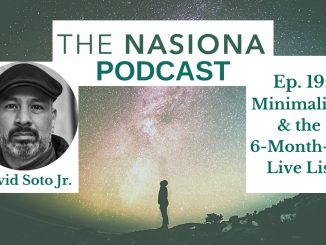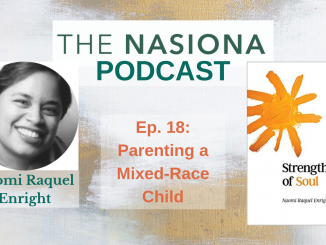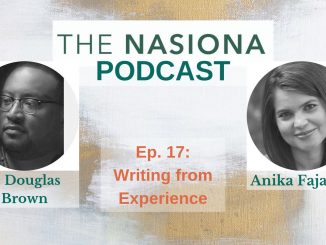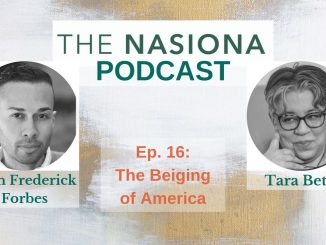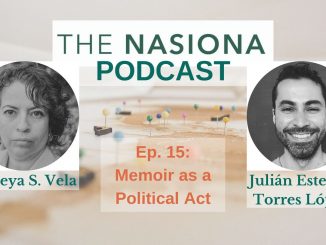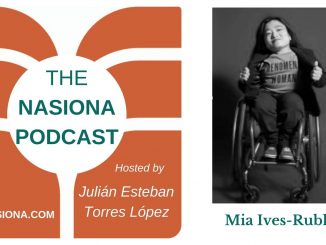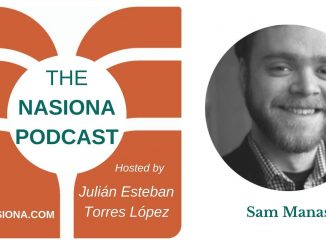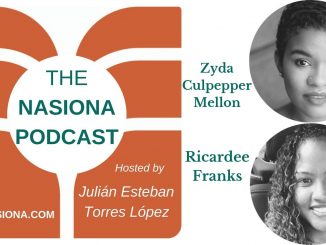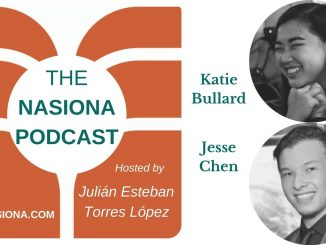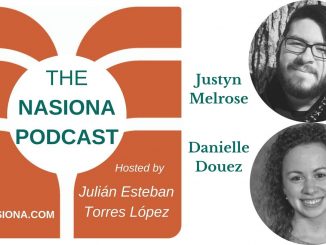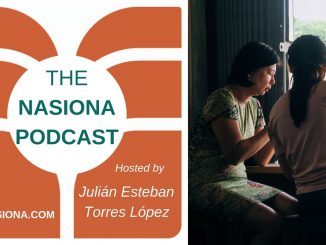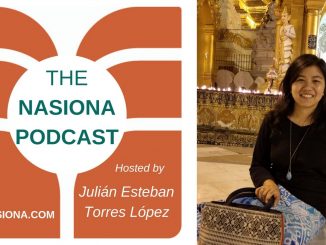 Hosted and produced by Julián Esteban Torres López, The Nasiona Podcast centers, elevates, and amplifies the personal stories of those Othered by systems of oppression and dominant cultures.
Hosted and produced by Julián Esteban Torres López, The Nasiona Podcast centers, elevates, and amplifies the personal stories of those Othered by systems of oppression and dominant cultures.
You can also find the podcast episodes on Apple Podcasts, Spotify, iHeartRadio, and Stitcher, or wherever you get your podcasts.
Several episodes have also been co-produced by Aïcha Martine Thiam and Nicole Zelniker.
Original music for episodes 28 through the present was produced by the Grammy Award-winning team of Joe Sparkman and Marcus Allen, aka The Heavyweights. Theme song for episodes 23-27 is “Lat Dior” by Abdoulaye Mboup — a beautiful song by a classic Senegalese artist, lamenting all of the beautiful culture that has been lost through colonization. The theme song for episodes 1-22 is “Into the West,” courtesy of Tan Vampires.
